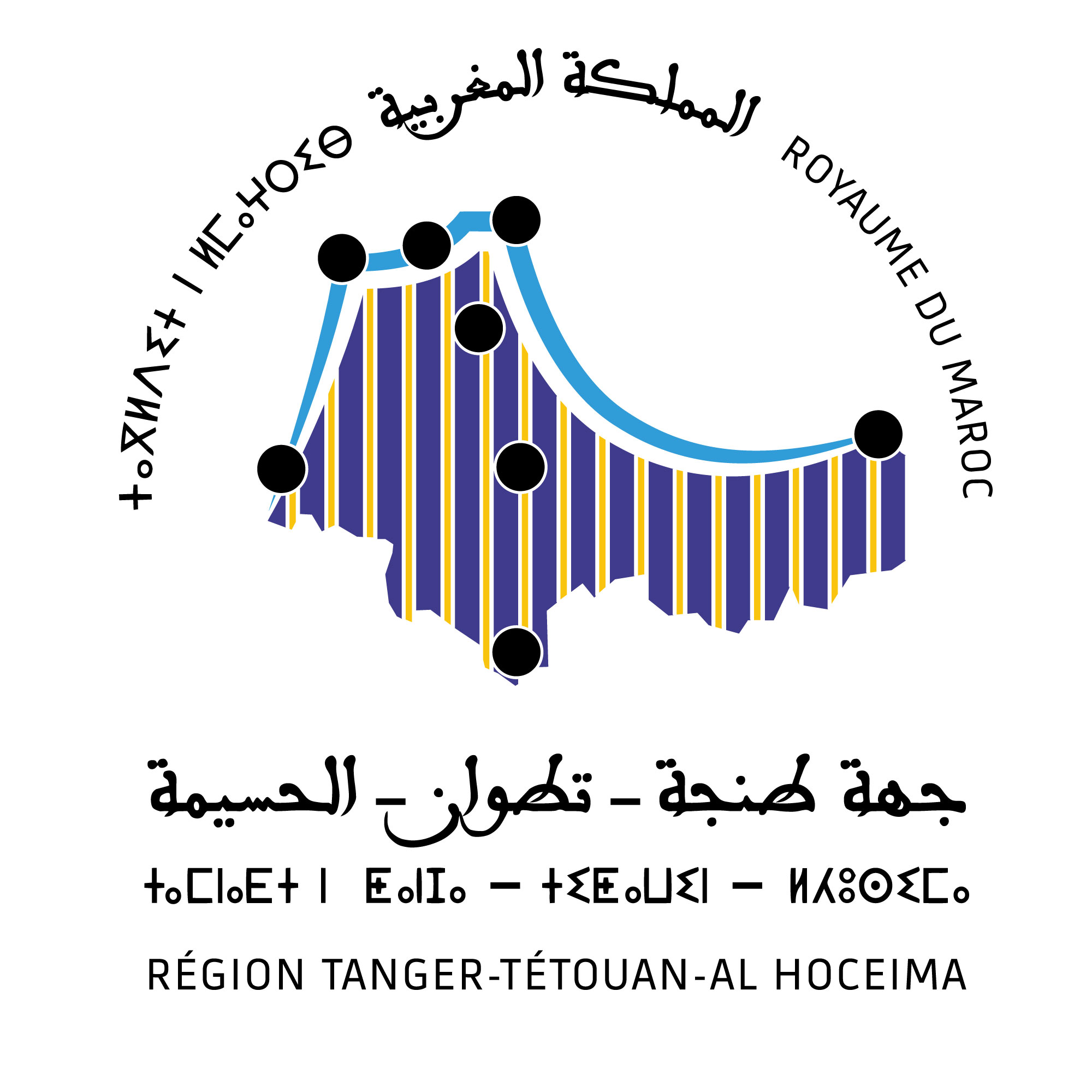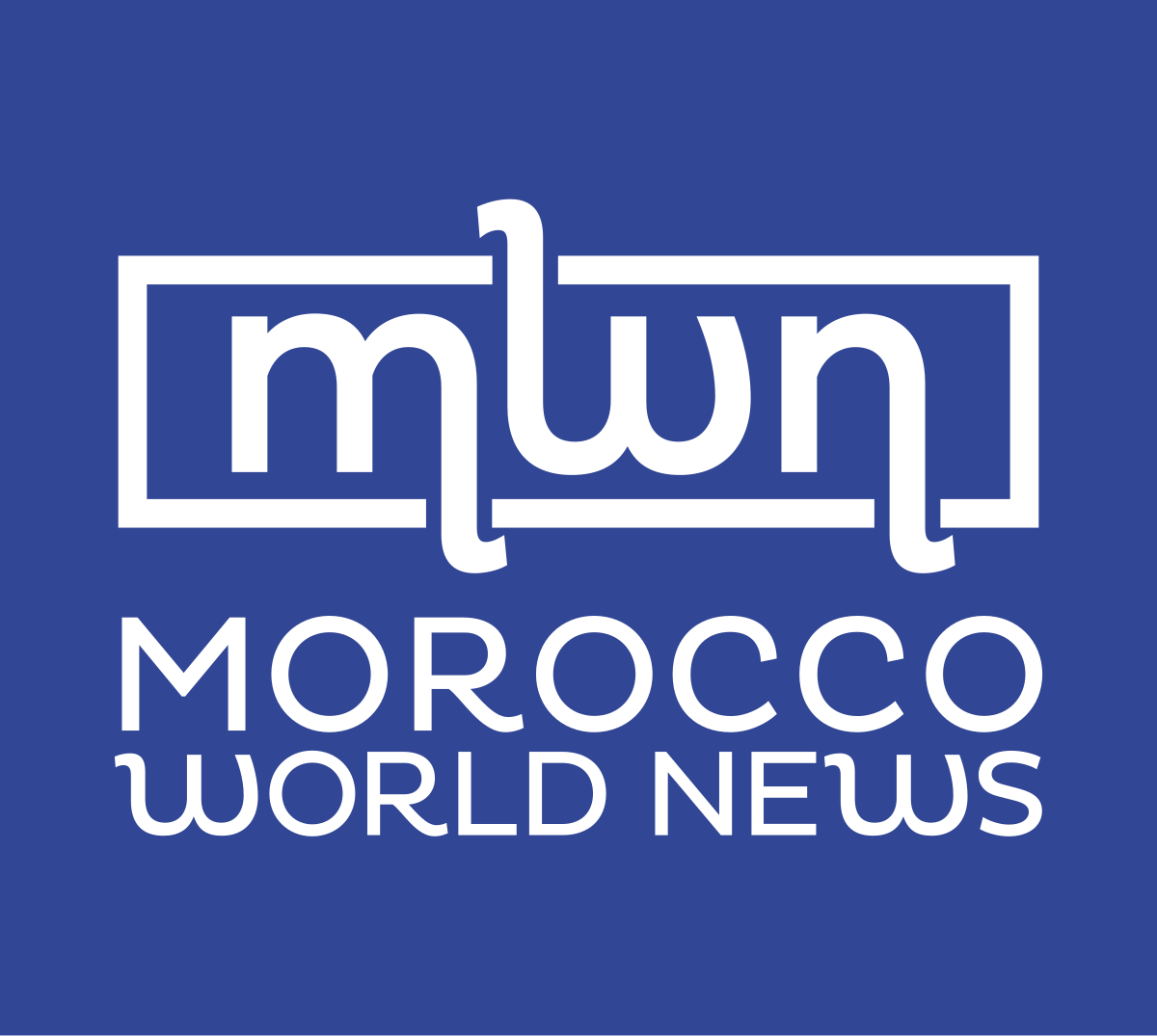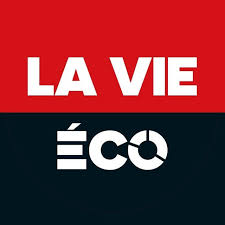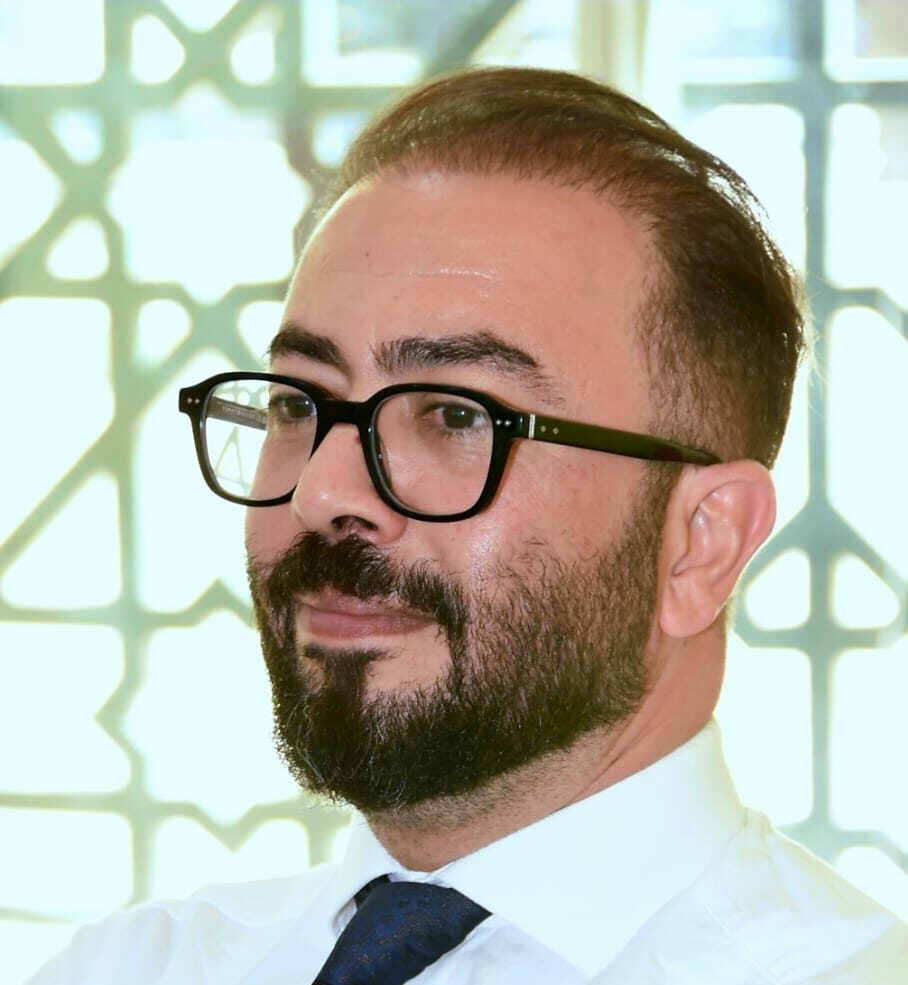The SLEC Project
The main objective of the SLEC Project is to improve the living conditions of residents by reducing energy poverty and strengthening the resilience of inhabitants and professionals in the cities of the TTAH region through integrated, inclusive, and participatory urban management. The aim is to implement, at the city level, a coordinated ecological planning of the territory, ecological governance, and multi-stakeholder mobilization (citizens, local authorities, professionals, associations) to promote sustainable territories and economies based on green jobs through education for all on energy and climate.
The project involves making 8 SLECs operational, one in each of the 8 provinces of the Tangier-Tetouan-Al Hoceima region. Considering each site as a pilot project, all actions will serve to test and develop models, practices, and solutions across different territorial scales (municipality, province, region, Euro-Mediterranean basin) and sectors (populations, civil society organizations, private actors, public authorities). Each SLEC will take shape in a bioclimatic building—either newly built or renovated in an exemplary manner within the framework of training workshops. The SLECs will host equipment and a qualified team working with and for all residents, professionals, and associations in the territory, with strengthened skills and in coordination with local authorities.
The project also aims to activate the potential for green job creation through vocational training, multi-stakeholder dialogue at the regional level, and pilot SLEC initiatives to foster the connection between supply and demand for ecological products and services in each territory.
Finally, multi-level exchanges aim to build on feedback from other territories, develop a collective positioning, and disseminate the SLEC as a tool for integrated urban management at the Mediterranean scale.
Our Partners
The SLEC is the result of a multi-stakeholder partnership between several national and international entities. The support of the European Union and the successful cooperation between the Regional Council of Tangier-Tetouan-Al Hoceima and the Provence-Alpes-Côte d’Azur Region, along with other partners, enabled the creation of the SLEC.
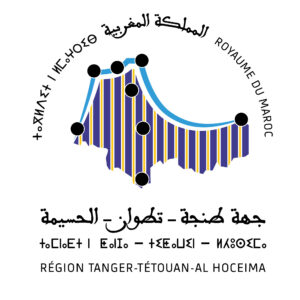
The Tangier-Tetouan-Al Hoceima Region holds a remarkable strategic geographic position, making it a bridge, a place of convergence, and a gateway to Europe, while also serving as the interface between the Mediterranean Sea and the Atlantic Ocean. Although it is the smallest of the Kingdom’s twelve regions, it has the highest demographic growth rate and population density.
The urban area, covering only 5% of the total surface area, concentrates 61% of the population, with an urban structure centered around the poles of Tangier and Tetouan. The Tangier-Assilah prefecture is one of four prefectures and provinces in the country with a population exceeding one million. It is worth noting that the city of Tangier recorded the highest population growth rate among large cities (3.26% between 2004 and 2014).
In recent years, the RTTA has experienced remarkable growth and increased dynamism in various sectors. This has been reflected in the implementation of major initiatives and structured programs, as well as the realization of large-scale projects such as the Mediterranean port, highways, and major urban developments. Thanks to these initiatives, the region has become the second most powerful economic hub in the country. This development is the result of the royal vision of His Majesty King Mohammed VI, supported by a series of major structured projects, rehabilitation programs, and territorial development strategies, as well as the application of national strategies at the regional level.
In terms of natural heritage, the Tangier-Tetouan-Al Hoceima region is unique due to part of its territory lying within the Intercontinental Biosphere Reserve of the Mediterranean, located between Spain and Morocco. It has 21 SIBE (Sites of Biological and Ecological Interest) that are home to rare and valuable species, covering an area of 130,000 hectares. This includes 2 natural parks out of the 9 nationwide. The Bouhachem Regional Natural Park spans 105,000 hectares across 6 rural communes in the provinces of Chefchaouen, Tetouan, and Larache.
From an energy perspective, the region has 3 hydroelectric power plants, 3 thermal power plants, and 5 wind farms, with a total capacity of 1012 MW, contributing 18% to the national capacity.
From a heritage perspective, the Tangier-Tetouan-Al Hoceima region is renowned for its ancient cities, known for their sanctuaries, picturesque corners, and unique architecture, reflecting a rich civilizational past dating back to the Phoenician, Roman, Byzantine, and prehistoric eras. Monuments and archaeological sites such as Mazoura and Lixus in the Larache province, the cave under the cave southeast of Tetouan, the Tamouda site on the right bank of Oued Martil, Belyounech and Ksar Sghir, Kouta, the arches, Zelil in the Tangier-Assilah prefecture, and the Al-Mezma site in Al Hoceima all bear witness to this ancient heritage, with some even listed as UNESCO World Heritage Sites.
Contact: https://crtta.ma/

The Provence-Alpes-Côte d’Azur Region is a French region composed of six departments in the southeast of the country. The seventh most populated region, it has five million inhabitants and generates 152 billion euros in Gross Domestic Product. France began its decentralization process in 1982, and the Provence-Alpes-Côte d’Azur Region now holds many powers and has developed solid expertise in numerous areas.
In terms of the environment—one of its top priorities—it stands out as a leading region in France. Since 2017, the Regional Council adopted Climate Plan I (A COP Ahead) and then Climate Plan II (Staying Ahead of the COP). Through 100 then 141 measures, the Region has promoted new forms of mobility, protection of natural heritage, development of renewable energy, and support for green businesses. In 2021, the European Commission even designated the Provence-Alpes-Côte d’Azur Region as one of the pioneering European regions in climate adaptation. In 2022, it became the first pilot region for ecological transition in France.
Sustainable development is also a central element of its strategy and cooperation policy. While the Provence-Alpes-Côte d’Azur Region has made the Mediterranean area a priority, it has also established partnerships with no fewer than 22 territories around the world. The Regional Council participates in and funds many cooperation projects and organizes large-scale international events. In 2017, the Region’s President, Mr. Muselier, launched the “Mediterranean of the Future” event, which brings together each year all the Region’s partner authorities and key local, national, and European stakeholders. Additionally, the Region will host the next United Nations Ocean Summit in June 2025.
The Provence-Alpes-Côte d’Azur Region is also part of many networks that reflect and act on sustainable development. Notably, it participates in the International Union for Conservation of Nature (IUCN) Congress and R20, a network of the most environmentally committed regions.
Contact: https://www.maregionsud.fr/
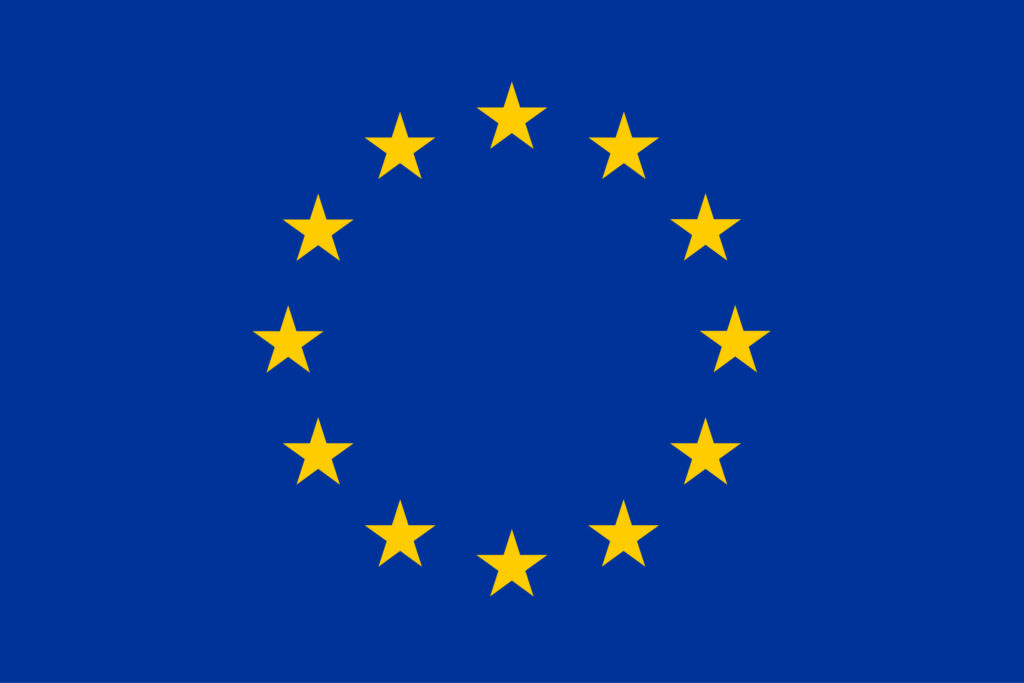
The European Union (EU) is a sui generis political and economic union of twenty-seven European states that delegate or transfer the exercise of certain powers to common institutions through treaties.
The European Union addresses global challenges with a strategy and international partnerships. Climate, environment, and energy are central themes addressed by several EU international programs. Within the framework of the “Partnership for Sustainable Cities” program, the EU supports partnership projects between local authorities in member countries and partner countries in favor of integrated urban governance and urban innovation.
In the Kingdom of Morocco, the European Union is represented by a Delegation based in Rabat: the Delegation of the European Union to the Kingdom of Morocco.
For more information:
They're talking about us
FAQ
The “Service local énergie climat – SLEC” is a service of general interest supported by the local authority, whose role is to support the energy and ecological transition by involving local players in awareness-raising, training, consultancy and territorial mobilization initiatives. This new public service will play the role of a sustainable development center, driving urban governance, a forward-looking resource center and incubator of tomorrow’s green industries, and a center for mobilizing and raising awareness among the local population. The project involves the creation of 8 SLECs in 8 of the region’s provinces, with each site serving as a pilot project for testing and developing models, practices and solutions at different territorial and sectoral scales. Each SLEC will include a bioclimatic building, built or renovated in an exemplary manner, to house equipment and a qualified team working in collaboration with local populations, authorities and associations.
| Municipality | Staff Member | Grade | Position | Contact |
|---|---|---|---|---|
| Tétouan | Hicham KASMI | 06 61 06 83 17 Hichkas2@hotmail.com |
||
| Tétouan | Moad BENZAKOUR | Administrator 1st grade | Head of the municipal pollution control laboratory | 06 61 34 24 01 |
| M’diq | Randa HOUALI | Principal State Engineer | Head of the internal audit unit | 06 25 21 06 19 |
| M’diq | Rabab AYACH | Technician, 4th grade | Head of the green spaces office | 06 10 38 13 32 |
| Melloussa | Driss HERHAR | Technician, 1st grade | Head of the planning, land management, and environmental affairs office | 06 61 05 13 61 |
| Melloussa | Zakaria HARKI | Technician, 3rd grade | Head of markets, studies, and maintenance office | 06 63 24 38 64 |
| Tangier | Ouissal OULAD ZIANE | Assistant Administrator | Division of Hygiene and Environmental Protection | 06 67 06 57 34 06 96 92 41 20 |
| Tangier | Abdennebi LAAMIRI LKHDAR | Technician, 1st grade | Head of Social, Cultural Development and Civil Society Relations Service | 06 96 92 32 80 |
| Ksar El Kebir | Mohamed Said ZAINI | 06 61 42 34 02 | ||
| Ksar El Kebir | Mustapha EL ALLAM | Technician, 1st grade | 06 59 10 63 05 | |
| Ksar El Kebir | Abdellah CHRAIBI | Technical Assistant, 3rd grade | 06 09 40 92 58 | |
| Al Hoceima | Abdelhak AMZIZ | Administrator | ||
| Al Hoceima | Latifa ZNAGUI | Administrator | Editor | |
| Al Hoceima | Rifat BALLOT | Senior Administrator | Division of Urban Planning, Property, Technical, Social, Cultural and Sports Affairs | 06 63 46 02 20 |
| Ouezzane | Nassima BOUHAJA | Technician, 2nd grade | 07 08 10 38 79 | |
| Ouezzane | Youssef DAYDAY | Technician, 1st grade | Head of Technical Studies Service | 06 06 62 71 54 |
| Chefchaouen | Abdelali EL BAKALI | Chief State Engineer | Head of Technical Division | 06 61 31 36 44 |
| Chefchaouen | Ouail TABITI | Technician | In charge of the Energy Info Center (EIC) of Chefchaouen | 06 61 35 67 56 |
| Chefchaouen | Abderrahmane DERGHALI | Technician | Environmental Technician | 06 66 07 49 83 |
Contact us
Partners
